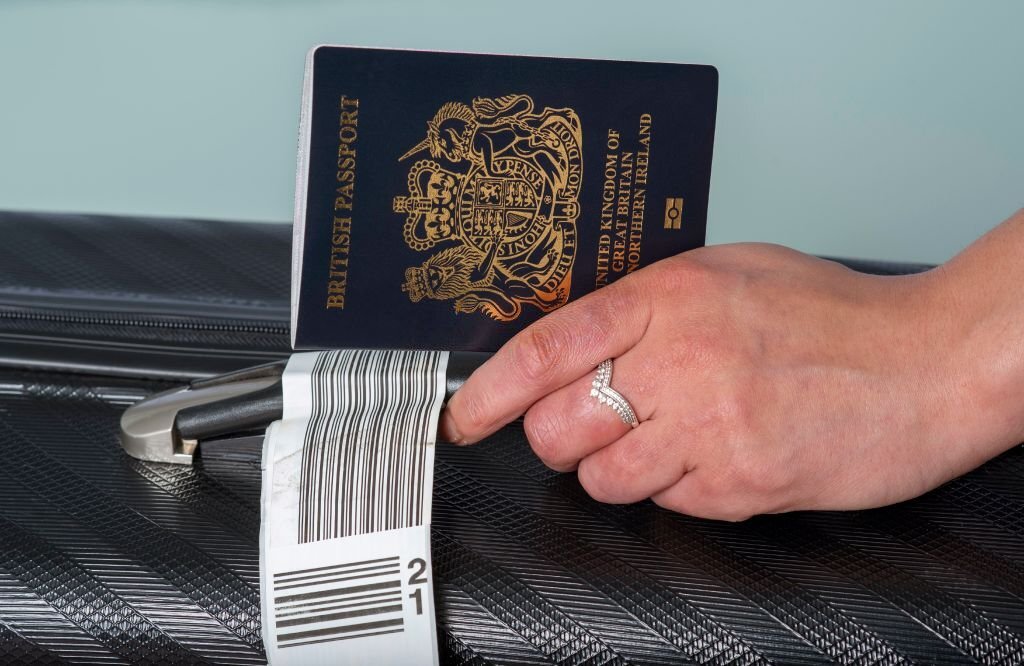Statistics show that the UK has lost popularity among European tourists after Brexit. For instance, travel service providers say the UK has become a less popular holiday destination for German and French tourists after Brexit. Accordingly, we have looked at the reason for European tourists’ reluctance to visit the UK. Moreover, the main obstacles for German and French tourists to travel to the UK are briefly discussed.
A considerable decrease in the arrival of German and French tourists in the UK
Experts in the field of tourism believe that the arrival of German and French tourists to the UK is decreasing due to the restrictions after Brexit. Since the end of the Covid-19 era regulations in Europe last year, the tourism industry has boomed. Still, there are signs that many tourists from Germany and France, two of the largest tourism markets in the UK, have distanced themselves from this country.
Brexit causes additional costs and increased bureaucracy
Chief executive of UKinbound, Joss Croft, said: “We know that the introduction of the new requirement for passports for EU citizens to access the UK … is proving to be a deterrent to travel, particularly for school groups, due to the additional costs and bureaucracy.” Due to Brexit, EU citizens can only enter the UK with a passport from October 2021. However, surveys show that over half of Germans do not have a passport. The UK will leave the EU at the end of January 2020, but transition periods will apply afterwards.
Reducing the attractiveness of UK tourism
The BBC reported that ferry operator Brittany Ferris, which connects the UK to France, announced that it handled only about 155,000 passengers on the route last year, compared to 338,000 in 2019. The decrease in numbers is not only due to the passport issue, but Brexit has affected the image of the UK as a country that welcomes tourists. Data from Visit Britain and the “Anholt Ipsos Nation Brand Index” show that French and German attitudes towards UK’s stance have changed. In 2016, the Germans chose the UK as the seventh best destination, and the French placed the UK in ninth place. In 2022, the UK fell to 16th and 14th place, respectively.
The new passport prevents travel to the UK
Another British official related to this sector said: However, we know that introducing the new passport for EU citizens to enter the UK, especially for school groups, is a deterrent because of the additional costs and red tape. David Edwards of the Scattered Clouds travel consultancy said that many Europeans now have a less positive image of some parts and aspects of the UK. According to him, this country is still a critical market. Germans especially visit parts of the UK that others do not, such as Devon and Cornwall.
British authorities are concerned about the decline of UK tourism
The decrease in tourist arrivals to the UK has worried the authorities enough that they announced a plan to allow French citizens to enter with an ID card for one-day trips. This year, the statistics of Oxfordshire tours show that the bookings of German and French tourists have reached half of the statistics of 2019. The number of passenger vehicles that passed through the Le Shuttle tunnel in the first two months of 2023 had decreased to 251,175 compared to 2019, when 314,497 were reported. Also, Brittany Ferries transport company announced in December that it had about 155 thousand passengers in 2022, while this statistic was announced in 2019 about 338 thousand people.
Choosing Ireland and Malta for English Language Travel
These regulations heavily affect student groups; if one or two students in a class of 30 people still need a passport, teachers choose Ireland or Malta for English language trips. Children such as asylum seekers with non-EU passports also need a £95 visa to enter the UK. The Association of Leading Visitor Attractions in England announced that a combination of the Covid-19 epidemic, the separation of the UK from the EU known as Brexit, the skyrocketing price of energy and the crisis of prices, caused a significant decrease in foreign tourists in the UK has become.
Classification of UK tourist attractions
The Association of Leading Visitor Attractions (ALVA) announced that in 2022, the most visited British tourist attraction was the Natural History Museum in London, which increased by 196% to 4.6 million visitors. The British Museum also attracted 4.1 million people, with a 209% increase in the number of visitors, and it was promoted from the sixth most visited place to the third place. According to this association, the number of visitors from the National Museum of Scotland also increased by 199%, reached about two million people and ranked ninth.
Although the number of visitors to these centres increased by 69% compared to 2021, it is still 23% less than the number of tourists in 2019. UK tourist attractions include museums, galleries, churches and parks. UK published reports show that the number of tourists in the UK free tourist attractions increases annually. Still, in other parts of the UK, the situation is different. Also, the capital city of London recorded the highest growth in the number of tourists, with a 152% increase in tourists last year, compared to two years ago, and followed by Scotland with 128% and Northern Ireland with a 120% increase in tourists.
A sharp increase in barriers to travel to the UK after Brexit
EU citizens will need a passport to enter the UK from October 2021while they could previously use an ID card to travel to the region. Notably, less than half of the people of France and Germany have valid passports. Those who work in tourist destinations and businesses in the UK tourism sector say that despite the return of many Americans to this country, there has yet to be any news of the French and Germans.

